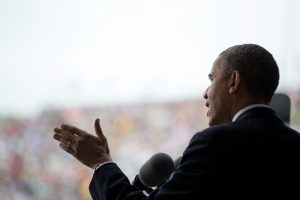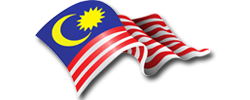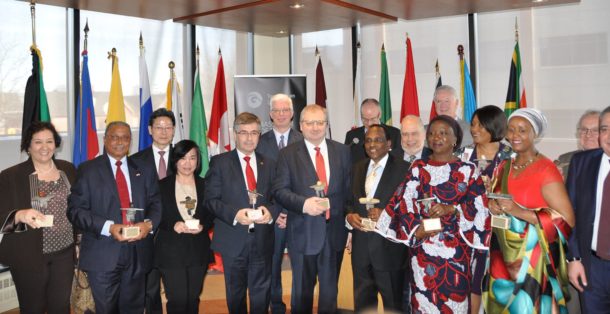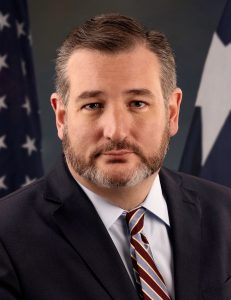Wendy Wu, South China Morning Post, 30 November 2018 China wants academics and think tank members to help defuse tensions with US
China wants academics and think tank members to help defuse tensions with US
Researchers can stay in the United States for some government-backed think tanks and specialists familiar with US-China relations, said one of the sources, speaking on condition of anonymity.They added that one of the challenges for Beijing was the difficulty of conveying its message to the conservative think tanks that have influence over the administration of US President Donald Trump.The South China Morning Post reported earlier that Beijing had limited to one week trips to the US by Chinese researchers, who complained the restriction would only add to China’s lack of understanding about the situation there. Researchers and observers also said the restriction was one of the reasons Beijing was not aware that Washington aimed to go through with its tariff threats until the first round of duties was imposed in July.The lifting of the travel restriction for a small number of academics comes as China and the United States are making efforts to break the trade war deadlock.“The leadership has called for public diplomacy [JB emphasis] or non-official contact with Americans to get a clearer picture of the US thinking on China and to find alternative communication channels,” said a second source, who also declined to be named.Beijing has found it hard to find a backchannel for dialogue with Trump’s inner circle, and observers said familiar Wall Street insiders were accessible but their influence on the hawkish US administration was waning.In addition, without any substantial progress on its promises to reform and open up, Beijing is losing the support of those in Washington who have previously pushed for closer engagement with China.
Trump-Xi G20 dinner unlikely to end in joint statement, regardless of outcome
The most recent example came from former US Treasury secretary Henry Paulson, who is believed to have once played a role in promoting bilateral relations with China. Paulson told a forum in early November that the rift between Washington and Beijing could lead to an “economic iron curtain”, saying relations were at a crossroads and that China needed to make bold reforms.Tao Wenzhao, a researcher at the Chinese Academy of Social Sciences, said more communication with US experts was needed – especially in the face of rising populism in America.“It shouldn’t be about fast results when communicating with conservative think tanks,” Tao said. “It will take time to foster a better understanding of the situation.”In recent months, one think tank based in Beijing, the Centre for China and Globalisation, has sought exchanges with several influential conservative think tanks in the United States. Its members visited and held discussions with those from the Hudson Institute, Heritage Foundation and American Enterprise Institute in late September and early October.Meanwhile, the Post reported last week that the US embassy in Beijing had revoked 10-year multiple-entry visas issued to some researchers specialising in China-US relations without explanation amid tightened visa scrutiny.Beijing’s restrictions on liberal scholars have also continued. At the start of November, Shen Hong, from the independent Unirule Institute of Economics, was barred from leaving China to attend a seminar at Harvard University on the grounds the economist would “endanger national security”.With China and the United States locked in a trade war since July, Trump and his Chinese counterpart Xi Jinping are expected to discuss ways to end the hostilities when they meet after the Group of 20 summit in Buenos Aires this weekend. But even if they can agree to a truce on tariffs, tensions over China’s trade practices and technology development will remain.This article China wants academics and think tank members to help defuse tensions with US first appeared on South China Morning Post
Original Article







